This is the first question lenders will ask when you apply for a mortgage.
Banks will assess your financial character based on your credit report.
Your credit report is the story of your financial reliability. You can be very wealthy, but if you don’t pay
your bills or you pay them late, you are a risky borrower and banks will take precautions when
considering you for a mortgage. It’s not about how much money you have, its how reliable you are with the money you have.
Just like any other product, there are many different types of mortgages. Conventional and FHA are the most common amongst the various types of mortgages.
Conventional Mortgages
Conventional mortgages are the premier. They have great rates and excellent terms. These loans are
reserved for the most reliable borrowers. In order to qualify for conventional financing, you must have a minimum FICO score of 620.
Although you can technically qualify for a conventional loan with a credit score of 620, you will by no means get the best that conventional mortgages have to offer with such a poor credit score.
Banks will offer you an interest rate based on your FICO score. Every 20-point increment on your credit rating will result in a different interest rate offered.
For example, borrowers with FICO scores between 700-720 will be subject to the same pricing, similarly, borrowers with FICO scores between 720-740 will be offered to the same pricing as well. 740 is considered top tier credit as far as conventional pricing; any score above 740 will get the same pricing. (obviously, besides your credit score there are other factors to take into consideration when pricing out loans).
FHA Loans
FHA loans, on the other hand, have much more lenient approval requirements, qualifying borrowers with lower credit scores (sometimes as low as 500!) and inferior debt to income ratios.
Since FHA loans are easier to obtain, it attracts riskier borrowers. FHA loans are very common for people with poor credit who don’t qualify for conventional financing. To mitigate the risk these borrowers bring along with them, banks will take some extra precautions.
One precaution is the up-front mortgage insurance fee you must pay when taking out an FHA loan. FHA up-front mortgage insurance is an insurance premium generally at the rate of 1.75% of the loan amount that borrowers have to pay at closing. Say for example if someone is taking out a $300,000 mortgage, his upfront mortgage insurance will be $5,250.
Another big difference between conventional loans and FHA loans would be the monthly mortgage insurance. When a borrower puts down less than 20% with a conventional loan, they’ll have to pay monthly mortgage insurance, insuring up to 20% of the property value in a case of default. This insurance is known as PMI (Private Mortgage Insurance)
Your PMI rate will be determined based on the percent you put down, your FICO score, the loan amount, and the property value. Even though 740 is the highest tier with regards to pricing for conventional loans, however, a FICO score above 740 can still make a difference in lowering your monthly PMI.
Once you have 20% equity in the property, whether it’s through paying down the loan or the property value went up, you can have the PMI removed.
The monthly mortgage insurance for FHA loans is known as MIP (mortgage insurance premium). FHA borrowers are required to pay MIP even if they put down more than 20% and having your MIP removed is a very big deal, in many cases even impossible. Generally, you will be required to pay MIP until you either payoff the loan or refinance into a conventional loan. Unlike conventional loans whose mortgage insurance rates aren’t set, and you can get different quotes from different MI companies, the mortgage insurance for FHA loans is a set rate. Typically, your FHA MIP rate will be .85% of your mortgage annually, however, it can vary from .45% to 1.05% depending on your down payment and loan amount.
Bottom Line
Banks are in the lending business to make money. To assure they’ll make their money back, they line up all the risk factors, and based on that they’ll determine at what rate it’s worth it for them to take on your risk. Every additional risk factor will result in a higher rate, and borrowers with overwhelming risk factors may be deemed too risky to lend to altogether.
Borrowers with credit scores in the mid 600’s or lower are eligible for financing, however, they’ll pay a hefty price if they want to borrow with high loan to value or their debt to income ratios are high. Many banks will limit the loan to value or debt to income ratios for borrowers with poor credit, especially when it comes to investment properties and cash-out refinances, which are considered additional risks.
Another big disadvantage for borrowers with credit scores below 700, is they will have a very hard time getting approved, if at all, for loans larger than the conforming/high balance limit, also known as ‘jumbo loans’.
A good credit score will go a long way. Interest rates will be better, closing costs will be cheaper, and you’ll have access to many more loan programs. Don’t limit yourself, pay attention to your credit.

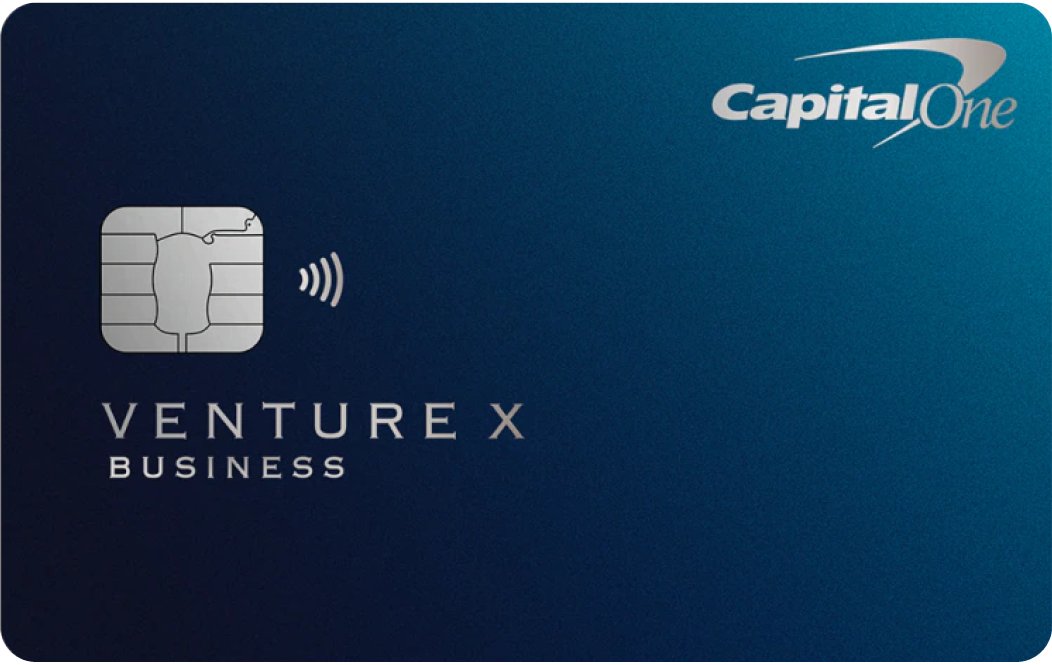
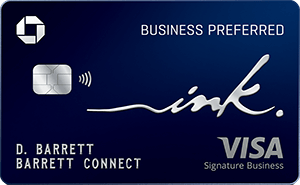
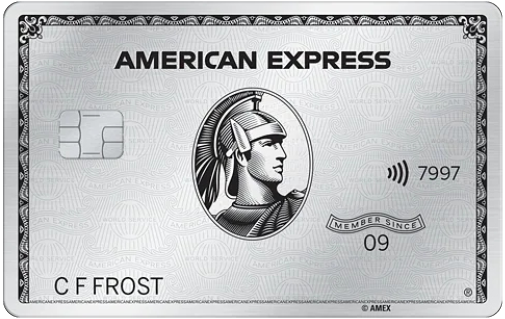
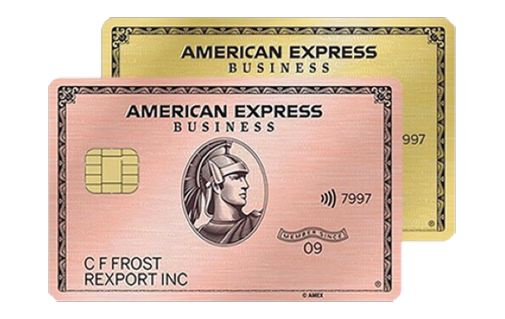
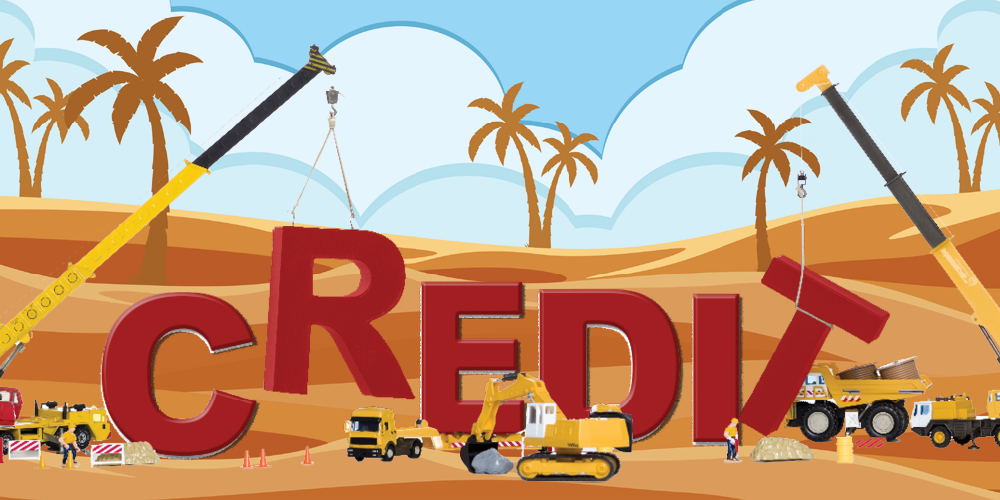


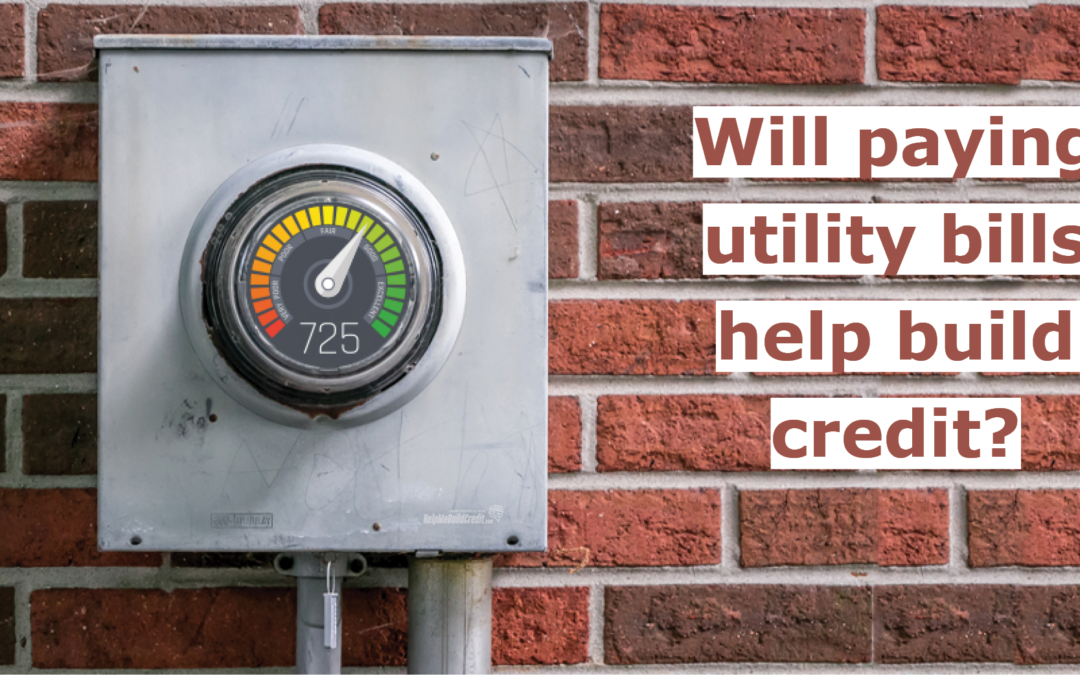
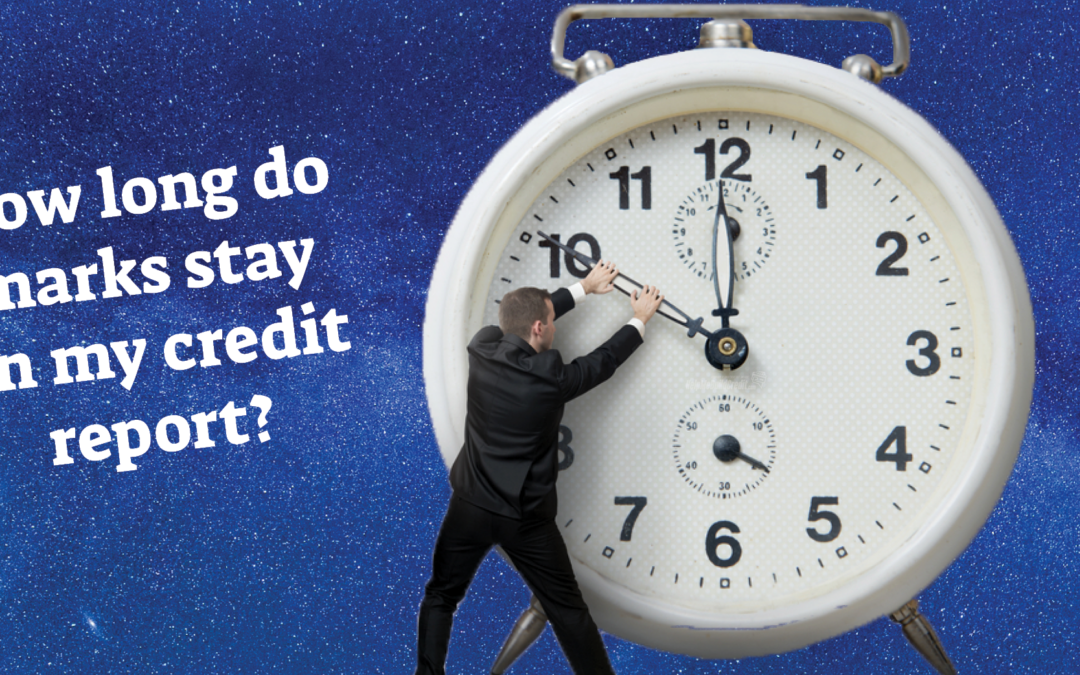


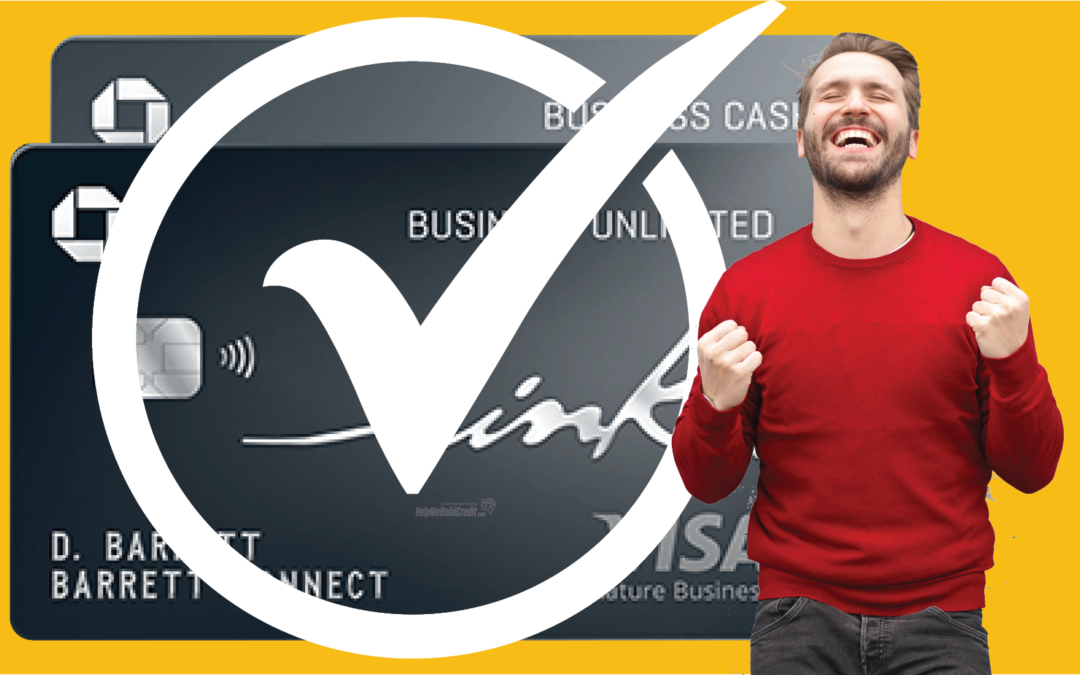
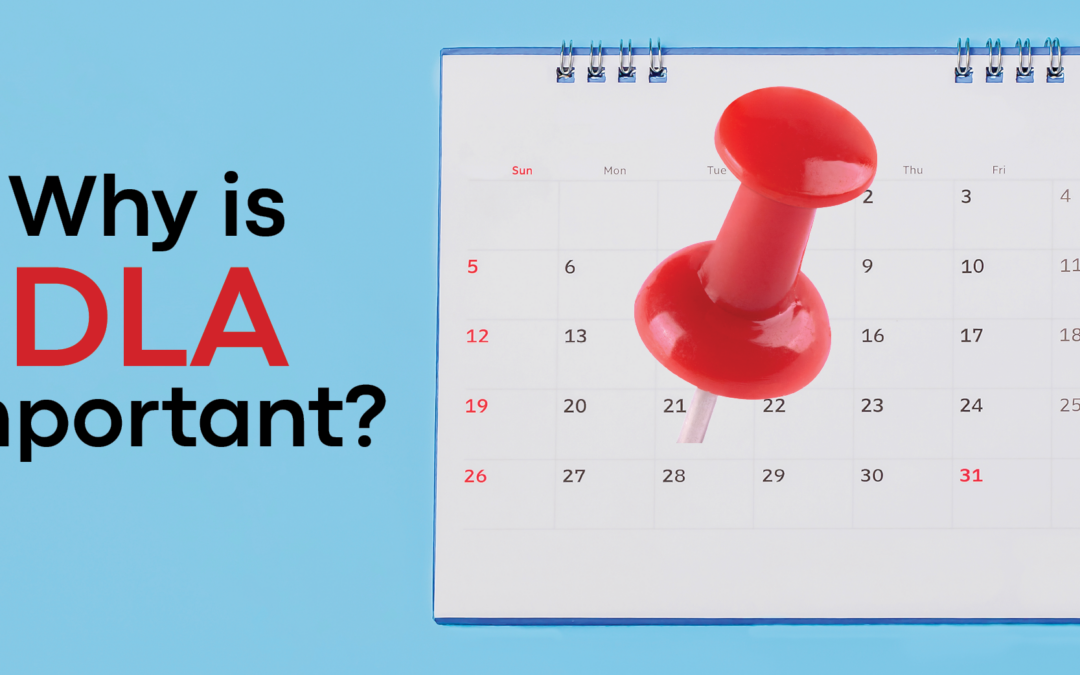
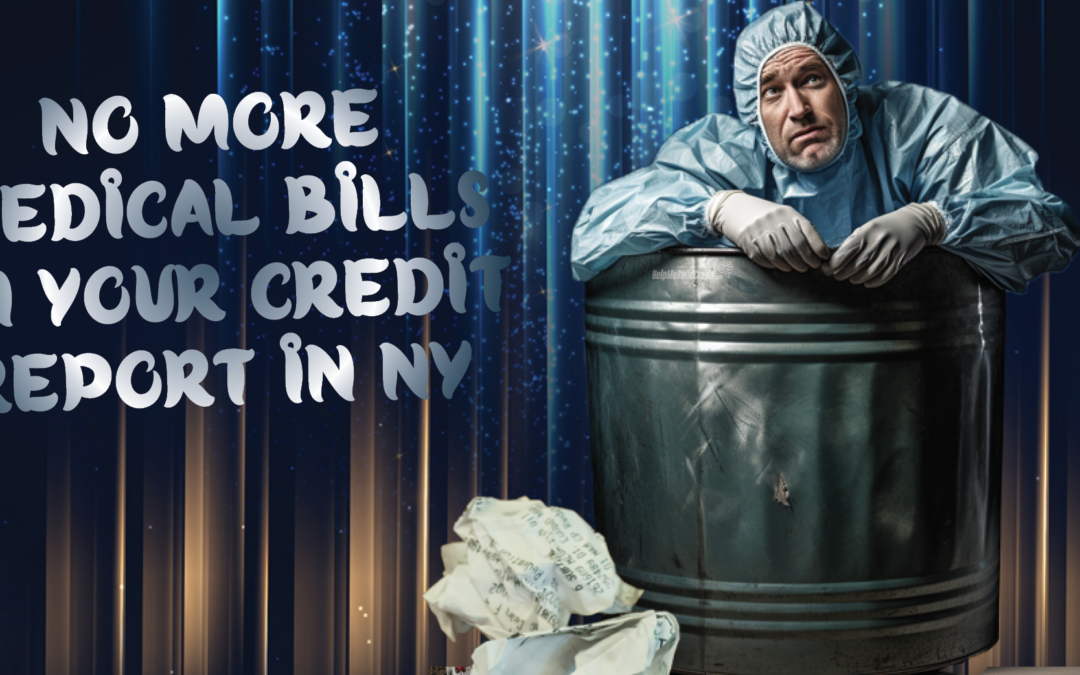


0 Comments